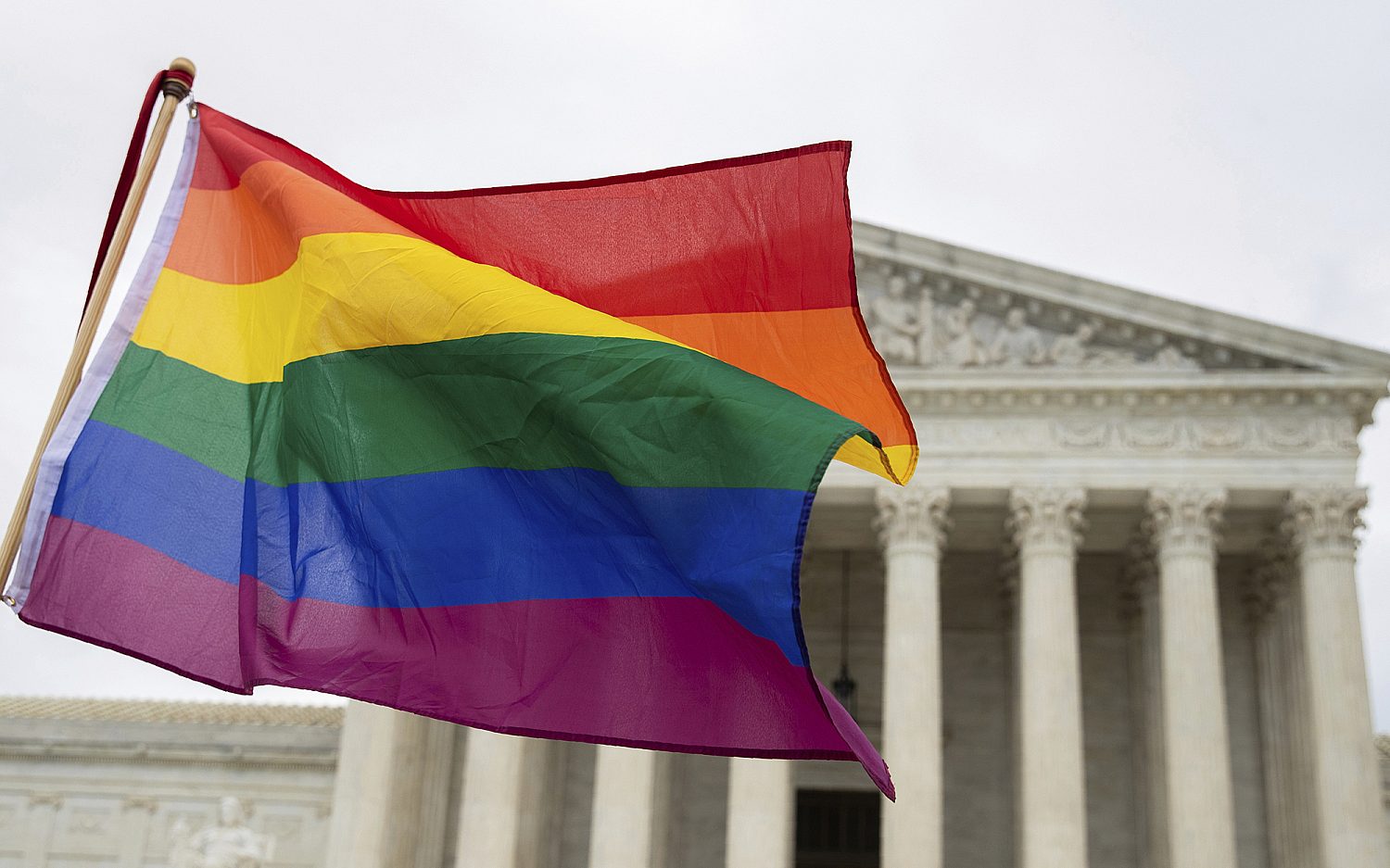Free speech victory
A measure sponsored by Sen.
WASHINGTON-Conservative radio talk show hosts and protectors of free speech won the latest round in a battle over the public airwaves on Thursday, as the Senate voted to block the Fairness Doctrine in an overwhelming 87-11 vote.
The vote, which added the measure to a bill giving Washington, D.C., a voting member in the House of Representatives, would prevent the Federal Communications Commission (FCC) from reinstating the doctrine requiring the government to regulate and restrict broadcasted political views.
"Today's vote slammed the front door on the so-called 'Fairness Doctrine,' which threatens to censor free speech and shut down talk radio," said Sen. Jim DeMint, R-S.C., the amendment's main sponsor. "When senators were forced to vote in the open on this issue, they were compelled to side with the American people."
The news was met with applause at the opening day of the Conservative Political Action Conference (CPAC) here in Washington. Republican radio talk show host Roger Hedgecock told the convention audience that the Fairness Doctrine would expand the concept of the FCC and in the process destroy the nation's heritage of protecting free speech.
Conservative commentator Tucker Carlson jokingly told the convention crowd that he wished the Fairness Doctrine would be reinstated, as it would become a cause for conservatives to rally around.
But observers warned that the issue was still up in the air. The House must pass a similar version in their upcoming negotiations over the D.C. representation legislation that also passed the Senate on Thursday.
Furthermore, on the same day DeMint's amendment passed, the Senate also approved an amendment authored by Sen. Dick Durbin, D-Ill., calling the FCC to "take actions to encourage and promote diversity in communication media ownership."
Republicans argued that the Durbin amendment, which passed 57-41, with no Republicans in support, would hurt small, local radio stations.
"Senator Durbin's amendment exposed Democratic intentions to impose radio censorship through the back door using vague regulations dealing with media ownership," DeMint said. "Senator Durbin's language was so broad, it could apply beyond radio to television, newspapers, and the internet."
The Fairness Doctrine, established in 1949, required broadcasters to provide fair and balanced public affairs-related programming. The FCC formally abolished it in 1987. The FCC determined that the doctrine was no longer necessary due to the emergence of a "multiplicity of voices in the marketplace," and because it also might be in violation of First Amendment rights.
"It amounted to government control over political speech-and in the end it actually resulted in less, not more, political discourse over the airwaves because broadcasters didn't want to deal with all of its red tape," said Senate Republican Leader Mitch McConnell of Kentucky. "Let's be honest: The Fairness Doctrine was anything but fair. Government is not the speech police."
But recently some Democrats have been discussing the possibility of bringing back the Fairness Doctrine through new legislation to the consternation of conservative talk radio hosts around the country.
An actual newsletter worth subscribing to instead of just a collection of links. —Adam
Sign up to receive The Sift email newsletter each weekday morning for the latest headlines from WORLD’s breaking news team.





Please wait while we load the latest comments...
Comments
Please register, subscribe, or log in to comment on this article.